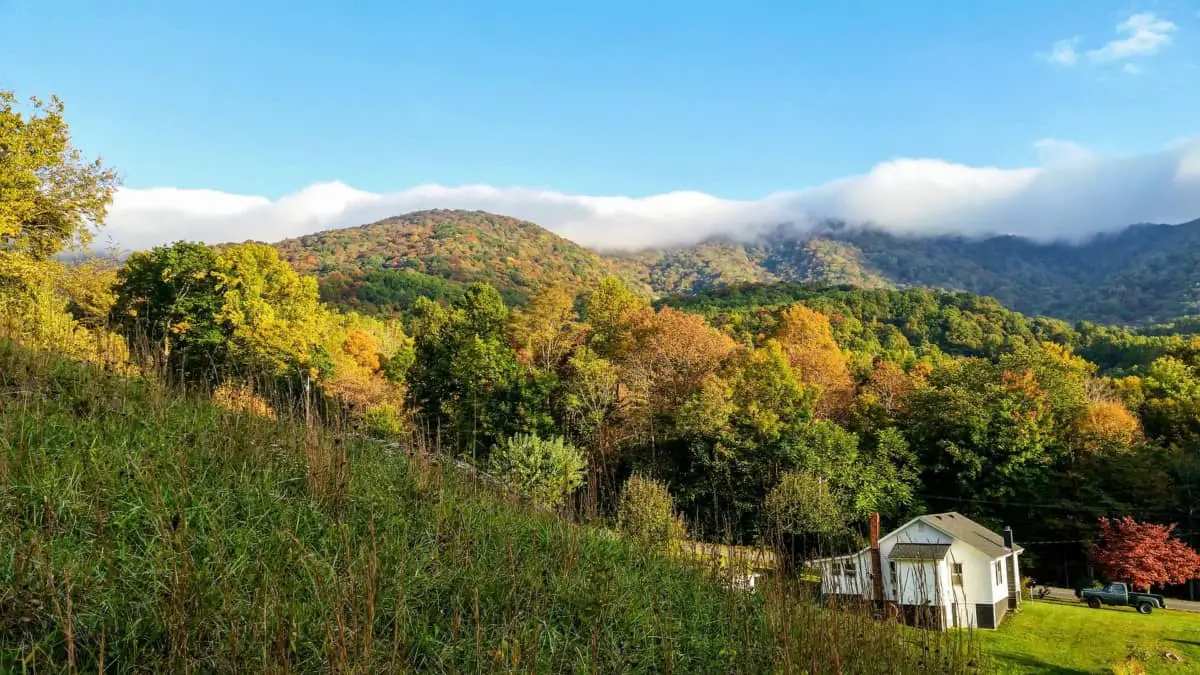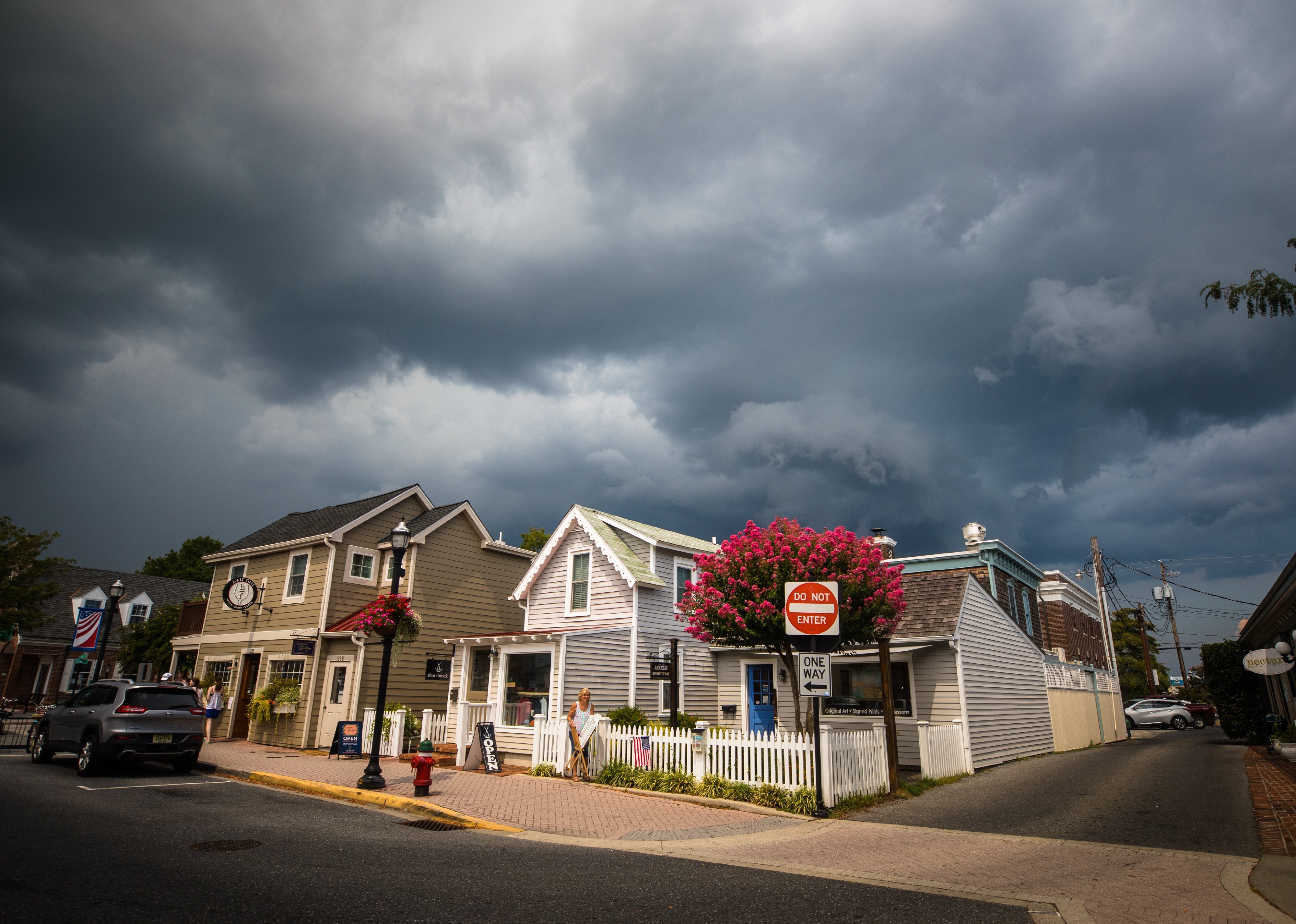Off grid living Yorkshire is gaining traction, attracting those seeking self-sufficiency and a simpler lifestyle. This burgeoning trend presents unique challenges and rewards, demanding careful consideration of legal frameworks, land acquisition, sustainable energy solutions, and community integration. This guide delves into the practicalities of embracing off-grid living in the diverse landscape of Yorkshire.
From navigating planning permissions and building regulations to securing suitable land and establishing reliable renewable energy sources, the journey to off-grid living requires meticulous planning and resourcefulness. We explore the intricacies of water management, waste disposal, and community engagement, providing insights and practical advice for those considering this transformative lifestyle choice.
Legalities and Regulations of Off-Grid Living in Yorkshire
Aspiring off-gridders in Yorkshire face a complex regulatory landscape. Securing permission and adhering to building standards requires careful navigation of planning permission, building regulations, and varying local council policies. This necessitates thorough research and potentially professional guidance.
Planning Permission Requirements for Off-Grid Homes
Planning permission is typically required for any new dwelling, regardless of its off-grid status. Yorkshire councils assess applications based on factors including location, environmental impact, and adherence to local development plans. Key considerations often involve access to services (even if self-sufficient), potential impact on the landscape, and the sustainability of the proposed design. Applications must be meticulously documented, demonstrating compliance with all relevant policies and regulations.
Failure to obtain planning permission before commencing construction can result in enforcement action, including demolition orders.
Building Regulations Specific to Off-Grid Constructions
While the fundamental building regulations apply to all new builds in Yorkshire, off-grid homes often present unique challenges. Meeting standards for insulation, water supply, sanitation, and fire safety may require innovative solutions. Regulations pertaining to electrical safety are particularly crucial in off-grid settings, necessitating careful design and inspection of alternative energy systems. Council building control officers will assess the suitability of proposed off-grid solutions, ensuring they meet the minimum safety and performance standards.
Compliance is essential to avoid penalties and potential safety hazards.
Do not overlook the opportunity to discover more about the subject of off grid living uk forum.
Comparison of Local Council Policies Regarding Off-Grid Living
Local council policies regarding off-grid living vary significantly across Yorkshire. Some councils may be more receptive to such applications, particularly in rural areas where self-sufficiency aligns with local planning objectives. Other councils may have stricter policies, reflecting concerns about infrastructure limitations or environmental protection. It is vital to contact the relevant local authority in the specific area of Yorkshire where the off-grid project is planned to understand their particular policies and any relevant local planning documents.
This proactive approach minimizes potential delays and ensures a smoother application process.
Examples of Successful Applications for Off-Grid Planning Permission
Successful off-grid planning applications often involve comprehensive documentation, demonstrating a clear understanding of local regulations and a commitment to sustainable practices. The following table provides illustrative examples, although specific details may vary depending on the application:
| Council | Application Type | Outcome | Key Considerations |
|---|---|---|---|
| Craven District Council | New dwelling, self-sufficient water and energy | Approved | Detailed environmental impact assessment, robust design demonstrating compliance with building regulations. |
| North Yorkshire County Council | Conversion of existing agricultural building to off-grid dwelling | Approved (with conditions) | Conditions related to access, waste management, and landscaping. |
| Ryedale District Council | New eco-build, utilizing renewable energy sources | Approved | Emphasis on sustainable materials and minimal environmental impact. |
| Sheffield City Council | Retrofitting existing property for off-grid living | Refused | Lack of suitable infrastructure for off-grid solutions within the designated area. |
Water Supply and Waste Management: Off Grid Living Yorkshire
Securing a reliable water supply and implementing effective waste management are critical aspects of successful off-grid living in Yorkshire, a region characterized by diverse climates and terrains. The challenges vary significantly depending on location, from the exposed uplands of the Yorkshire Dales to the more sheltered valleys and coastal areas. Careful planning and the adoption of sustainable practices are paramount.
Water Sources and Purification Methods in Yorkshire
Yorkshire offers several potential water sources for off-grid living, each presenting its own advantages and disadvantages. Rainwater harvesting is a popular and sustainable option, particularly effective in areas with sufficient rainfall. Surface water from streams and rivers can also be utilized, but requires rigorous purification to eliminate potential contaminants. Boreholes, tapping into underground aquifers, provide a more consistent supply but necessitate professional drilling and potentially expensive permitting processes.
Purification methods range from simple filtration using sand and gravel filters to more advanced techniques like UV sterilization and boiling. The chosen method will depend on the source water quality and the desired level of purification. For instance, rainwater collected from a properly maintained system might only need filtration, while river water may require multiple stages of treatment.
Challenges of Water Management in Yorkshire’s Diverse Climates and Terrains
Yorkshire’s varied geography presents distinct water management challenges. The region experiences fluctuations in rainfall, with periods of drought interspersed with heavy downpours. This necessitates robust storage solutions capable of handling both excess water and periods of scarcity. In upland areas, the terrain can make accessing and transporting water difficult, requiring careful consideration of pump placement and pipe routing.
Conversely, in lower-lying areas, the risk of flooding necessitates careful site selection and potentially the implementation of flood mitigation measures. Furthermore, water quality can vary significantly depending on the source and location, necessitating appropriate purification strategies. For example, a system designed for collecting rainwater in a relatively clean area might be insufficient for surface water in a region affected by agricultural runoff.
Sustainable Waste Management Solutions for Off-Grid Homes
Sustainable waste management is crucial for minimizing environmental impact in off-grid living. Composting toilets are a common alternative to traditional sewage systems, effectively breaking down human waste into a nutrient-rich compost suitable for garden use. Greywater recycling systems can reuse water from showers and sinks for irrigation, significantly reducing water consumption. Careful waste segregation and the implementation of efficient recycling programs minimize landfill waste.
Anaerobic digestion can be used to process organic waste, generating biogas for cooking or heating. The choice of methods depends on factors such as household size, location, and the amount of waste generated. For example, a larger household may benefit from a larger-scale anaerobic digester than a smaller one.
Rainwater Harvesting System for a Yorkshire Off-Grid Home
Imagine a typical Yorkshire off-grid home with a sloped roof. The rainwater harvesting system begins with gutters and downpipes channeling rainwater from the roof into a large storage tank, ideally located underground to minimize temperature fluctuations and evaporation. This tank could be constructed from durable, food-grade materials like polyethylene. A first-flush diverter diverts the initial rainwater runoff, which is often laden with pollutants, away from the storage tank.
A filter system, possibly incorporating a combination of mesh screens and sand filters, is incorporated to remove leaves and debris. The filtered water is then directed to a storage tank. A pump, powered by solar panels, facilitates the distribution of water to the house for non-potable uses like showering and toilet flushing. A separate system, potentially incorporating UV sterilization, provides potable water for drinking and cooking.
The system includes an overflow mechanism to prevent tank overflow during periods of heavy rainfall. Regular maintenance, including cleaning the gutters and filters, is essential to ensure the system’s longevity and water quality.
Building Materials and Construction Techniques

Choosing the right building materials and construction techniques is crucial for successful off-grid living in Yorkshire, a region known for its diverse climate and challenging terrain. The longevity and sustainability of your off-grid home depend heavily on these choices, factoring in both environmental impact and resilience against the region’s weather patterns. Careful consideration of materials and methods will minimize long-term maintenance and maximize energy efficiency.
Comparison of Building Materials for Yorkshire’s Climate
Yorkshire’s climate presents a unique set of challenges for building materials. The region experiences significant rainfall, strong winds, and fluctuating temperatures. Therefore, materials must be durable, weather-resistant, and ideally sourced locally to reduce the carbon footprint. Traditional stone, readily available in many parts of Yorkshire, offers excellent thermal mass, insulation, and durability, making it a suitable choice.
However, its cost and the specialized skills required for construction can be drawbacks. Timber framing, another established technique, provides good insulation when properly insulated and offers flexibility in design. However, careful selection of timber species is crucial to ensure resistance to rot and insect infestation. Modern materials like straw bales, while offering excellent insulation and being eco-friendly, require specific construction techniques and a protective external cladding to withstand Yorkshire’s wet climate.
Finally, rammed earth, utilizing locally sourced clay, provides exceptional thermal mass and is environmentally friendly, though it necessitates specialized knowledge and equipment for construction.
Sustainable and Eco-Friendly Construction Techniques
Sustainable construction practices are essential for minimizing the environmental impact of off-grid living. Techniques such as passive solar design, which maximizes the use of sunlight for heating, are particularly relevant in Yorkshire’s climate. This involves careful orientation of the building and the use of thermal mass materials to store and release heat. Green roofs, incorporating vegetation on the roof, provide additional insulation, reduce rainwater runoff, and improve biodiversity.
The use of locally sourced and recycled materials significantly reduces transportation emissions and supports local economies. Furthermore, employing traditional building methods, such as cob or wattle and daub (using locally sourced clay, straw, and timber), can reduce reliance on energy-intensive modern materials and techniques. Finally, efficient insulation, both in walls and roofs, is paramount to minimizing energy consumption for heating and cooling.
Challenges of Building in Different Yorkshire Terrains
Yorkshire’s diverse topography presents unique construction challenges. Building on steep slopes requires specialized foundations and drainage solutions to prevent landslides and erosion. Areas with high water tables necessitate careful consideration of foundation design and drainage systems to prevent water damage. Rocky terrain can increase excavation costs and complexity, potentially requiring specialized equipment and techniques. Conversely, areas with soft, clay-rich soils may require extensive groundworks to ensure a stable foundation.
Furthermore, access to remote locations can increase transportation costs and logistical challenges, influencing material selection and construction methods. Planning permission and adherence to local building regulations are critical regardless of the terrain.
Local Suppliers of Sustainable Building Materials in Yorkshire, Off grid living yorkshire
Finding local suppliers of sustainable building materials is key to minimizing the environmental impact of your off-grid project and supporting the local economy. Access to these suppliers may vary depending on your specific location within Yorkshire. It’s recommended to conduct thorough research in your immediate area.
- Many smaller, independent builders’ merchants often stock reclaimed and recycled materials.
- Several timber yards specialize in locally sourced, sustainably managed timber.
- Some agricultural suppliers offer straw bales suitable for construction.
- Local quarries and earthworks companies may supply stone and clay for building projects.
- Online directories and local business listings can help identify specific suppliers within your region.
Embarking on off-grid living in Yorkshire is a significant undertaking, demanding careful planning, resourcefulness, and a commitment to sustainable practices. While challenges exist, the rewards – self-sufficiency, connection with nature, and a unique lifestyle – are substantial. This guide provides a framework for navigating the complexities, offering a starting point for those seeking to build a fulfilling and environmentally conscious life off the grid in the beautiful Yorkshire countryside.



